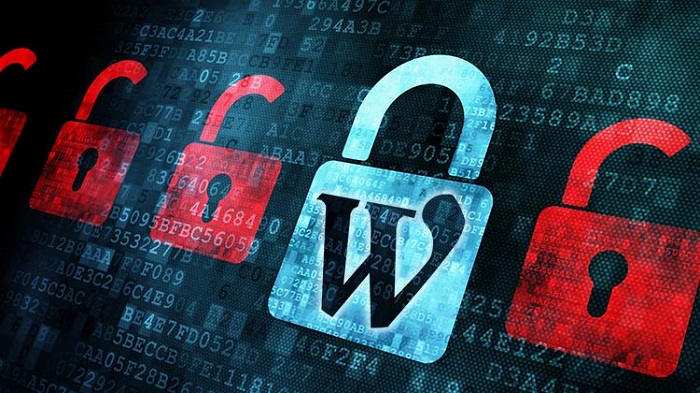Every person who plays games online often fancy an environment where they can play their favourite online action, shooter, and casino games without any concern. Online playing field playing field comes with risks like identity theft, cyber bullying, phishing, and credit card theft, to name a few. Today pretty much everything one’s do online is under constant siege and risk of attack. The hackers are always on the prowl looking for people with lucrative online accounts and digital data. And nothing is more frustrating than finding out that the account for your online game has been compromised.

It is true that many online gamers have dozens, if not hundreds, of games on Steam, which are locked by a single account which can be worth hundreds of dollars. There have been a number of high-profile data breaches of gaming platforms, including Steam, Sony Playstation, and Microsoft Xbox and it is unavoidable.
Recent cases on compromised accounts and hacking:
- A hacker allegedly bribed an employee at the popular online video game ‘Roblox’ to gain access to the back-end customer support panel with personal information on over 100 million active monthly users. The hacker was able to access to see other users’ email addresses, change their passwords, remove two-factor authentication from their accounts, ban users and more, reports the Vice. The hacker shared screenshots of the personal information of some of Roblox’s most high-profile users including YouTuber Linkmon99.
- The Japanese gaming giant Nintendo recently revealed 3,00,000 Nintendo accounts were compromised, exposing personal information like the account owner’s name, email address, date-of-birth and their country of residence. Intially it recorded 160,000 accounts were compromised then in an updated statement, the company said another 140,000 Nintendo accounts had been compromised.Nintendo said the number increased as a result of its continuing investigation.The company said it reset those passwords and contacted customers. The statement reiterated that fewer than 1per cent of all accounts were impacted by the breach.

- Zynga confirmed a major breach of usernames and passwords that happened this past September, and over 170 million people appear to have been compromised.The password breach was first reported in September of 2019, when a Pakistani hacker by the name of “Gnosticplayers” reached out to The Hacker News. At the time, the hacker claimed to have gained access to the accounts of 218 million Zynga users including passwords and personal information. Gnosticplayers is a known quantity in the digital criminal underground, having been observed selling hundreds of millions of breached accounts on the dark web since early 2019.
Practices to safeguard account
As we know prevention is always better than cure therefore here are the practices that cybersecurity expert NortonLifeLock recommended to safeguard the online identity :
Avoid opening suspicious links: You might see a link that a player has provided in an in-game chat. It is strongly advised to not open it. Phishing and other link-based scams are very common, and one never knows who is sending a link, or where it points, until it is too late. If the link is sent to the child, advise the child the link is coming from a stranger and that opening it could compromise one’s account.
Never share account information: It is important to explain to children why they should never share account information. The child’s account might contain valuable personal information and digital data. Plus, it might be tied to a credit card account. They should also understand that there are certain types of information that game companies would never ask for — such as bank account numbers or Social Security numbers.
Be careful with microtransactions and community markets: To take advantage of the growing gaming market, developers often offer new in-game items, map packs, and updates for purchase in their store. The child might, or probably will, want to buy certain virtual goods. If the child is going to participate, then one must only use legitimate markets on the game brand’s platform.
Don’t use personally identifiable information (PII) in your user profiles: Personally Identifiable Information, or PII, is data that could potentially be used to identify a particular individual. It includes details such as full name, age, email address, credit card number, and more. Cyber criminals can sell PII on the dark web or use it to commit identity theft. Have the child use fictional information like that of a favorite comic book hero or movie character. Or simply have them skip the profile-building process completely. For most online games, such information is not mandatory. Whatever you put in your profile might be publicly available; so, it is important to be careful, especially when it concerns children.
